Dharma: The Categorial Imperative
Each stable culture and major civilization of the world consists of a distinct material base and a distinct ideational structure and has an inherent mechanism of striking its own equilibrium between the two. In the Indian tradition dharma is the balancing force. Religion and ideology in possessing a transcendental dimension. The papers in this volume acknowledge that neither the world religion nor dharma can be discarded while looking at the Indian reality. They address themselves to the question: To what extent does the continued use of the concept of religion in the Indian context reflect reality, and to what extent does it distort or misrepresent its dharmic reality? Given India’s historical and the present existential situation these papers explore the question: “Is an alterative understanding of Indian Civilization possible, independent of Western presuppositions?†the articles in the book present an in-depth study of the concept of dharma and its relation to the other purusarthas-artha, kama and moksa, as well as with society, science, religion, Ayurveda and secularism. Relying mainly on the Vedas, epcs, manusmrti and the writings of Plato, Vivekananda, Gandhi et al., these papers explore some contemporary issues relating to women (stri-dharma) and the dilemmas faced by the Indian diasora, especially in the UK and the US. These discussions have an appeal for a general reader as well as for scholars of Philosophy, Religion, Women’s Studies, Modern India and Sociology.
Get it now and save 10%
BECOME A MEMBER
-
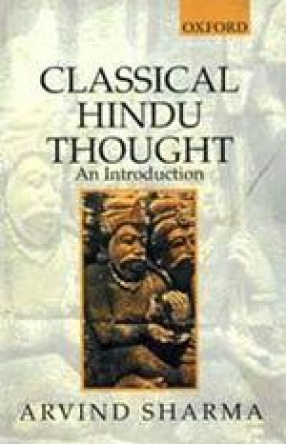
Classical Hindu Thought
-
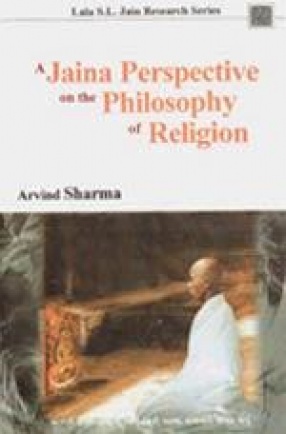
A Jaina Perspective on the Philosophy of Religion
-

Sati: Historical and Phenomenological Essays
-
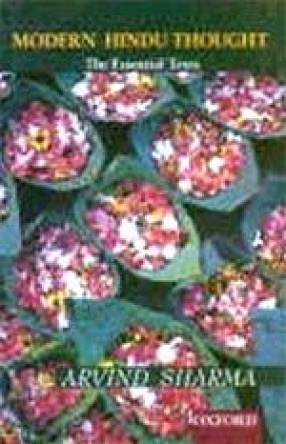
Modern Hindu Thought: The Essential Texts
-
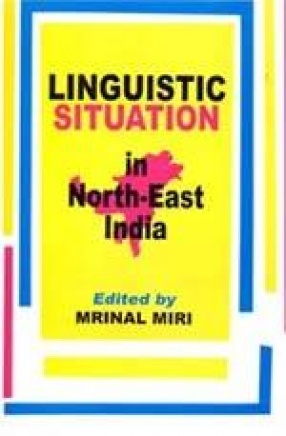
Linguistic Situation in North-East India
-

Continuity and Change in Tribal Society
-

Identity and the Moral Life
-
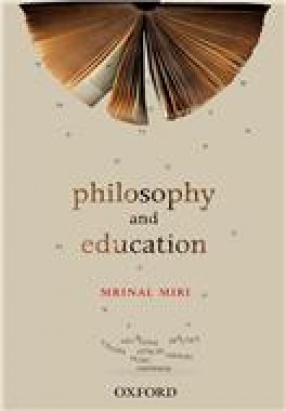
Philosophy and Education
-
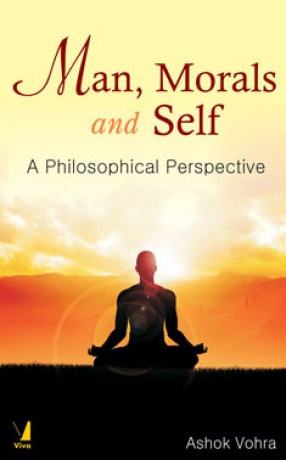
Man, Morals and Self: A Philosophical Perspective

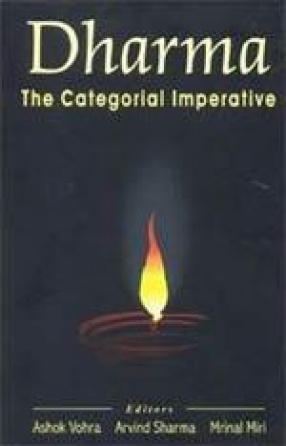

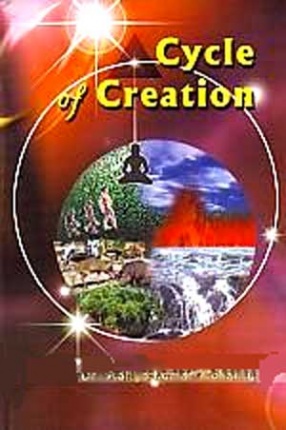
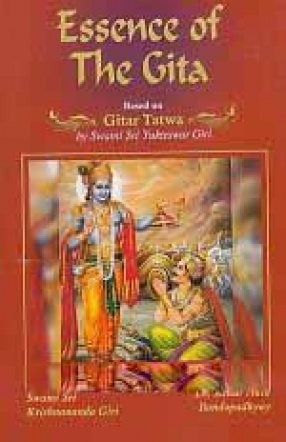

Bibliographic information
Mrinal Miri
Ashok Vohra